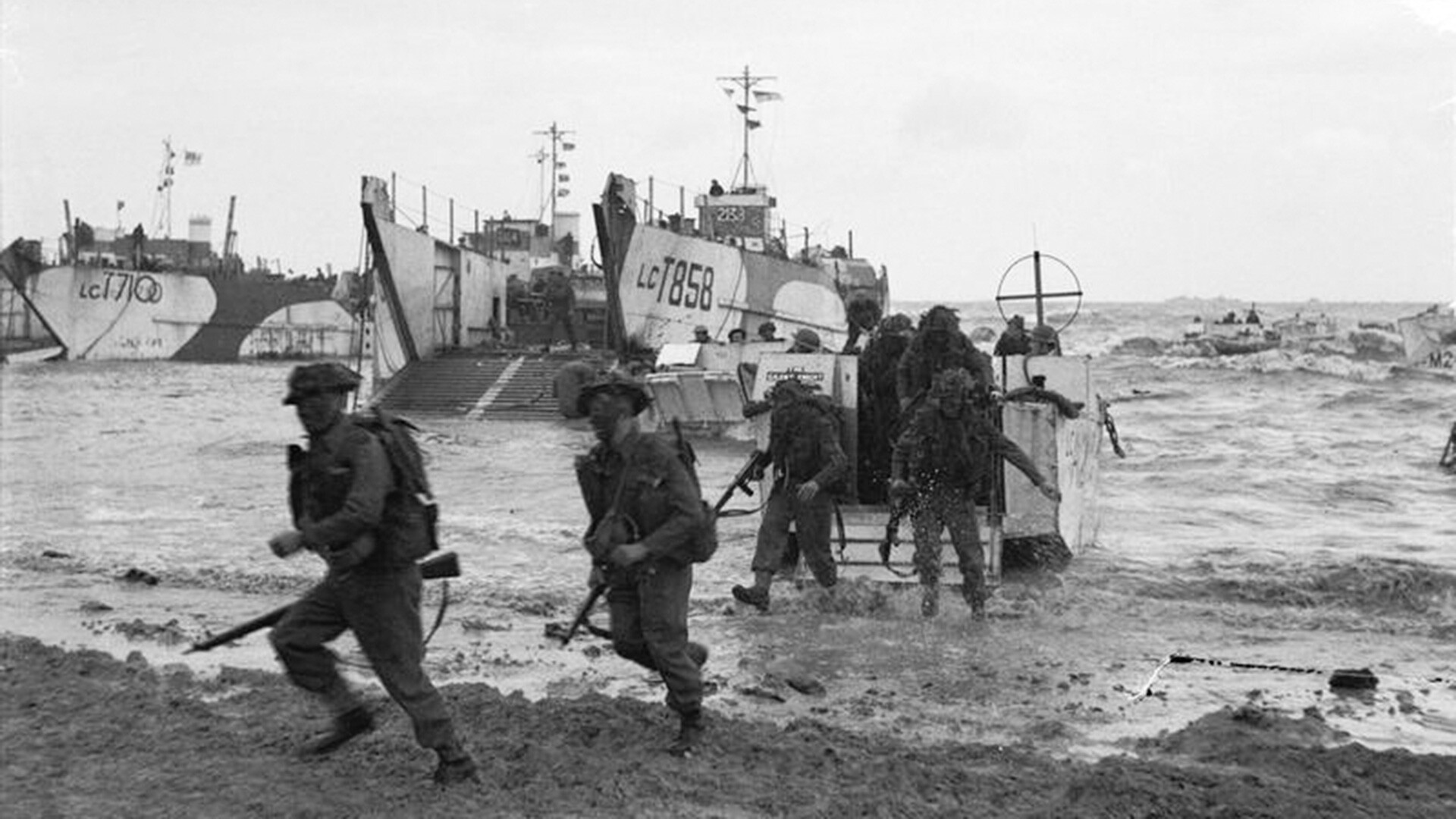
British Forces during the Invasion of Normandy.
Public DomainOn June 6, 1944, Anglo-American and Canadian troops landed on the Normandy coast of France and, thus, opened the long-awaited second front in Europe.
This success was only made possible by a large-scale campaign by the Western Allies to disinform the enemy, known as ‘Operation Bodyguard’. The USSR was also involved.
The Germans expected an invasion of Europe by Allied forces in the Summer of 1944, but did not know where, when and with what forces it would take place. The U.S. and British intelligence services did their best to confuse them by suggesting many false directions.
The Soviet Union helped the Allies convince the German military command that they would jointly deliver the main blow in Scandinavia. Meanwhile, the landing in France, if it did take place, would be of a secondary and distracting nature.
In April 1944, the Soviet Northern Fleet and the Karelian Front began to demonstrate to the Nazis preparations for landing in northern Norway: troops were selected for the sea landing were selected in a showy manner, while the activity of reconnaissance and bomber aviation in the future landing area, as well as reconnaissance groups on the enemy's coast, increased.
Several Red Army officers traveled to Scotland for future coordination with Allied forces in Norway. The Soviet secret services made sure that German intelligence knew about this.
In early May, the USSR and Great Britain asked Sweden with a request to provide Allied aircraft the right to refuel if they made an emergency landing on the territory of the kingdom. And this step did not go unnoticed by the enemy.
Although the Soviet efforts ultimately failed to fully draw Nazi attention to Scandinavia, they played an important role in the Western Allies' campaign to “mystify and deceive the enemy” before the Normandy landings.
If using any of Russia Beyond's content, partly or in full, always provide an active hyperlink to the original material.
Subscribe
to our newsletter!
Get the week's best stories straight to your inbox